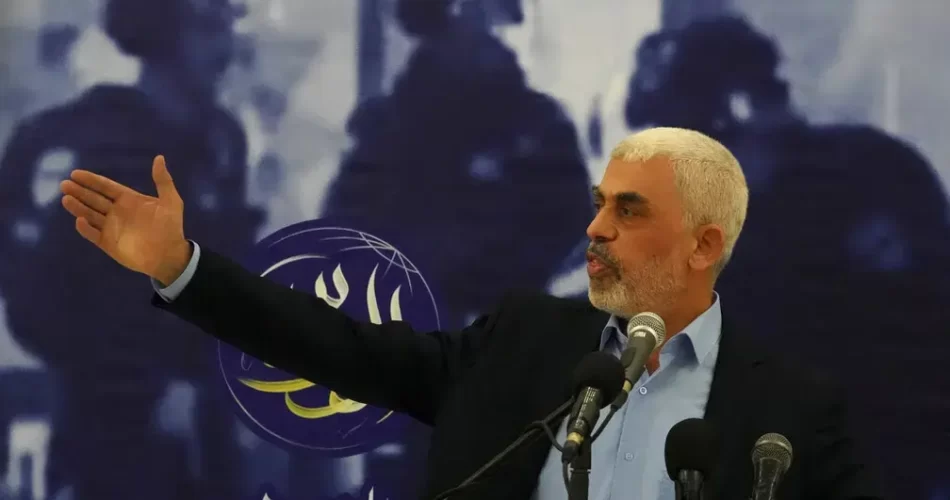Responsible for planning the biggest terrorist attack on Israeli soil, he spent 23 years in prison and has ruled the Palestinian territory for six years.
The commander of the biggest terrorist attack on Israeli soil, which triggered the fiercest military offensive against Gaza, has been sentenced by the Israel Defense Forces:
“Yahya Sinwar, the Hamas leader who reignited the war between Palestine and Israel, is a dead man,” said Daniel Hagari, spokesman for the Israeli Army.
Considered number two in the Hamas hierarchy and the group’s most senior official in the Gaza Strip, Sinwar has ruled the Palestinian territory for six years, elected through secret ballots. His political boss, Ismael Haniyeh, is based in Qatar.
He is credited with planning Operation Al-Aqsa Flood, which infiltrated hundreds of armed terrorists into Israeli territory, responsible for the murder of at least 1,000 people, the vast majority of them civilians, and the taking of 130 hostages.
The current Hamas commander in Gaza spent 23 years in Israeli prisons, sentenced to four life sentences for the deaths of two Israeli soldiers and four Palestinians considered to be spies for Israel.
He was released in 2011, along with 1,026 other Palestinian prisoners, in exchange for Israeli soldier Gilad Shalit, kidnapped five years earlier by Hamas.
At 61, Sinwar speaks and writes Hebrew fluently and said that while he was in prison, he dedicated himself to studying the enemy.
In 2018, during the negotiations for a ceasefire with Israel, he wrote a handwritten message in Hebrew to Prime Minister Benjamin Netanyahu with just two words: “calculated risk”.
The Israeli premier then agreed to allow regular Qatari financial aid into Gaza, in exchange for a fragile truce with Hamas, without agreeing to other demands, such as prisoner exchanges and lifting the blockade on the enclave.
At the armed Islamist group’s 35th anniversary celebrations last December, when Netanyahu was preparing to take on a new mandate at the head of a coalition with the extreme right, Sinwar predicted an open confrontation in Israel in 2023.
“We have to give the opportunity to rekindle resistance in the West Bank,” he said, criticizing the management of Palestinian Authority President Mahmoud Abbas.
The first bombardments by Israeli forces in Gaza last Saturday targeted Sinwar’s home and office, without hitting him.
The wave of targeted assassinations perpetrated by Israel in the early 2000s executed two Hamas commanders: in 2002, the group’s founder, Ahmed Yassin, and in 2004, his successor, Abdel Aziz Rantissi.
Since then, the main targets, such as Yahya Sinwar, have gone into hiding in fortified bunkers and rarely appear in public.

